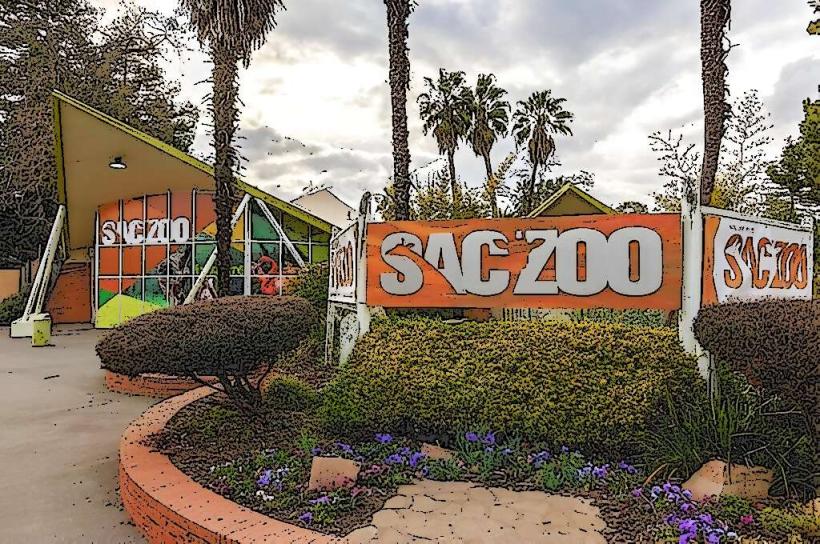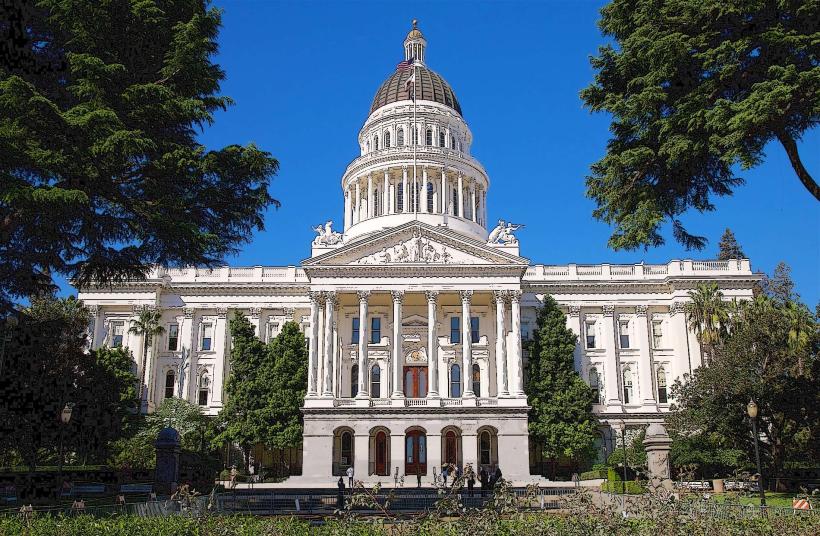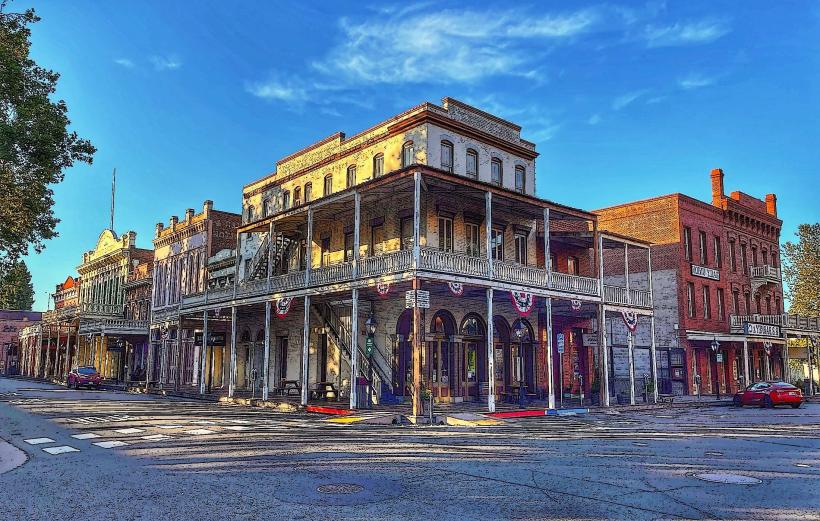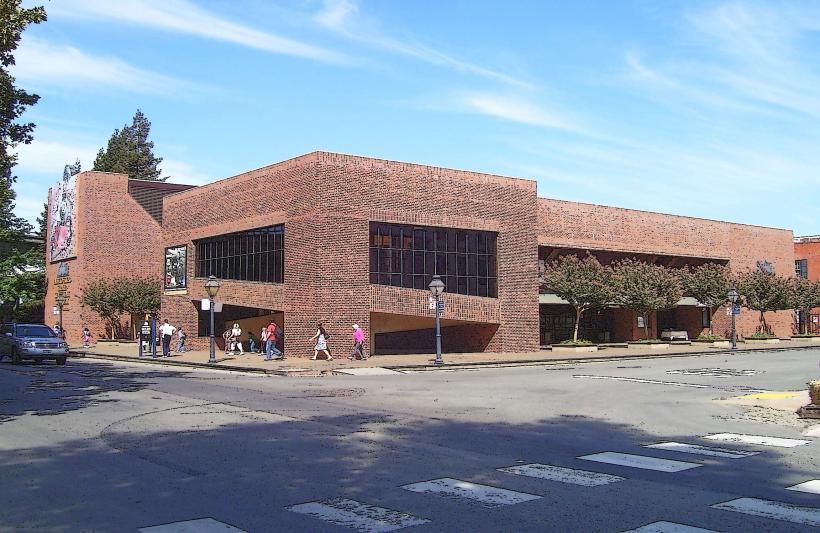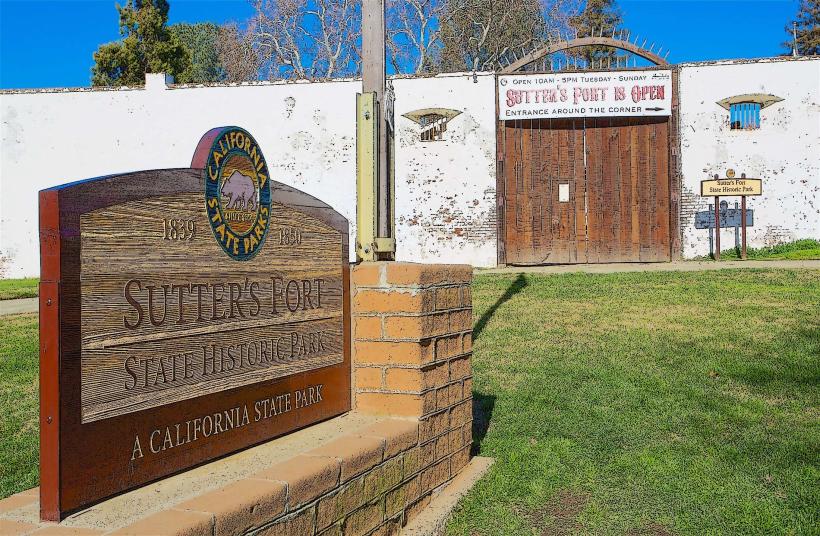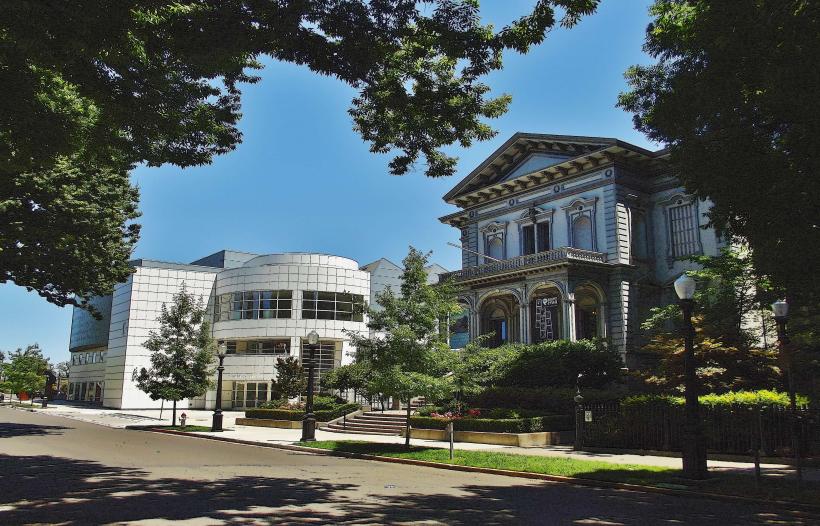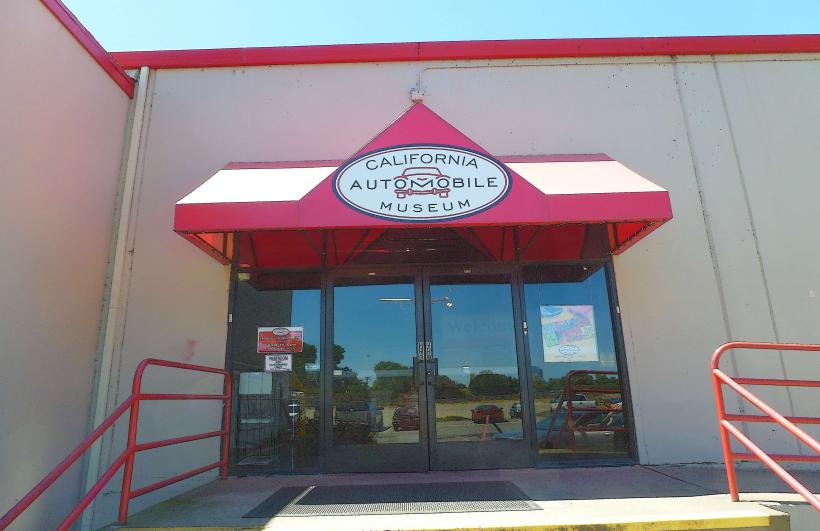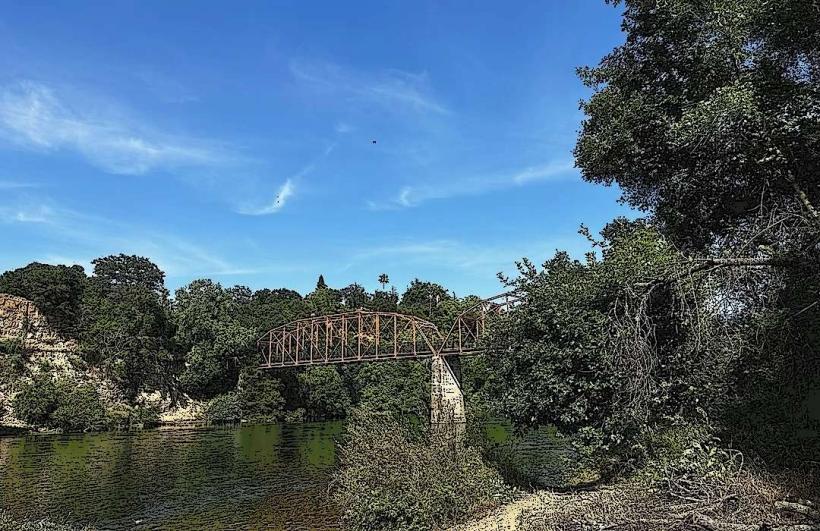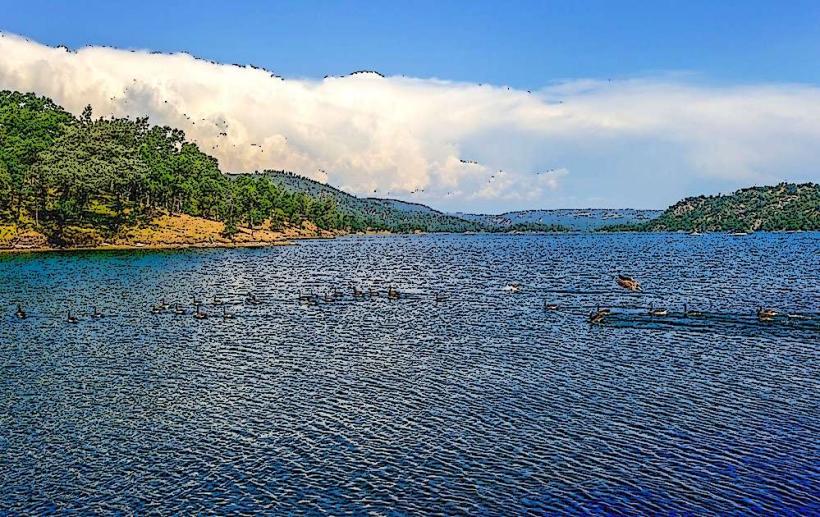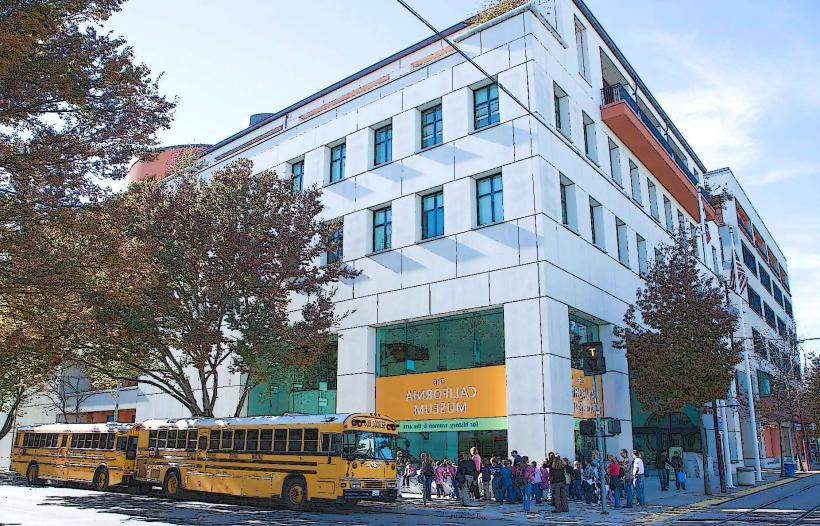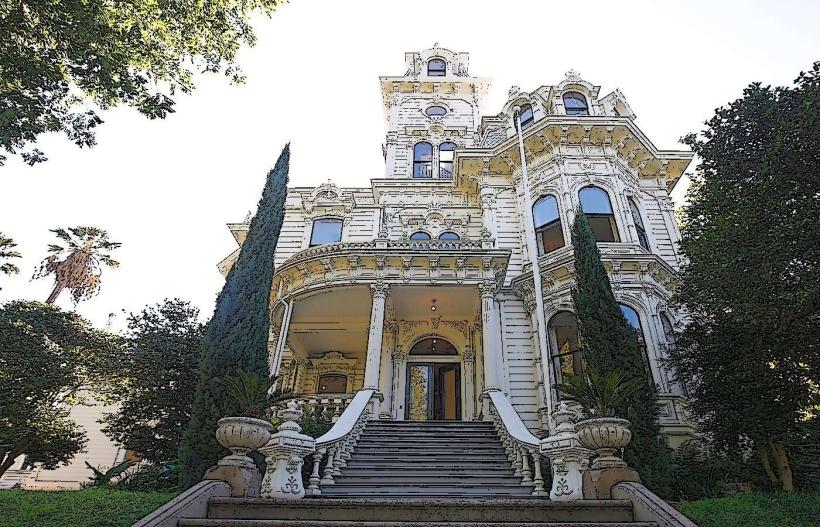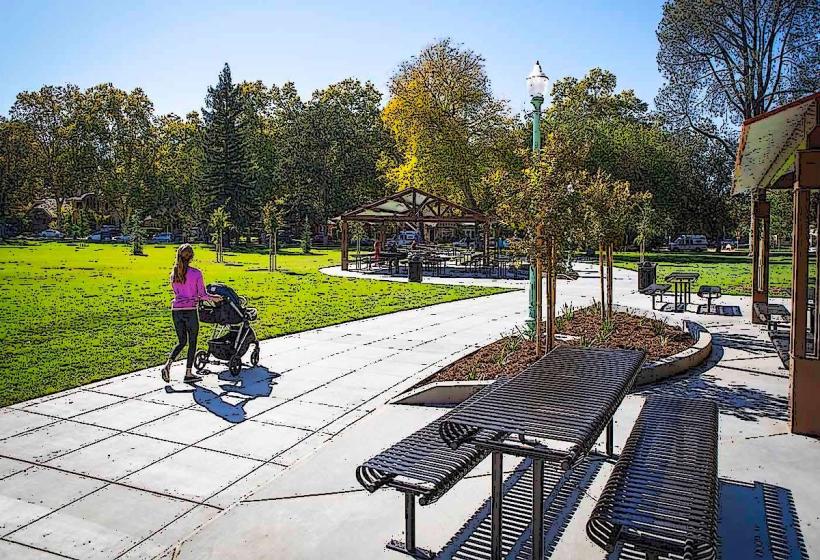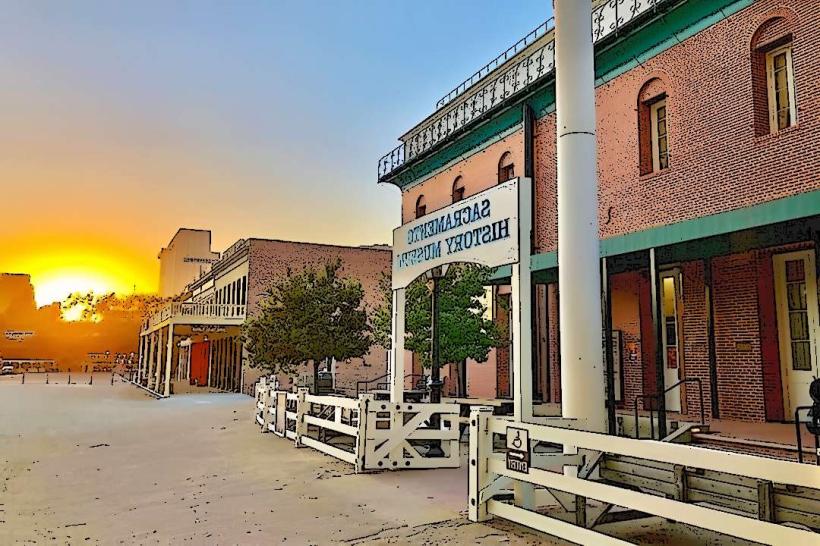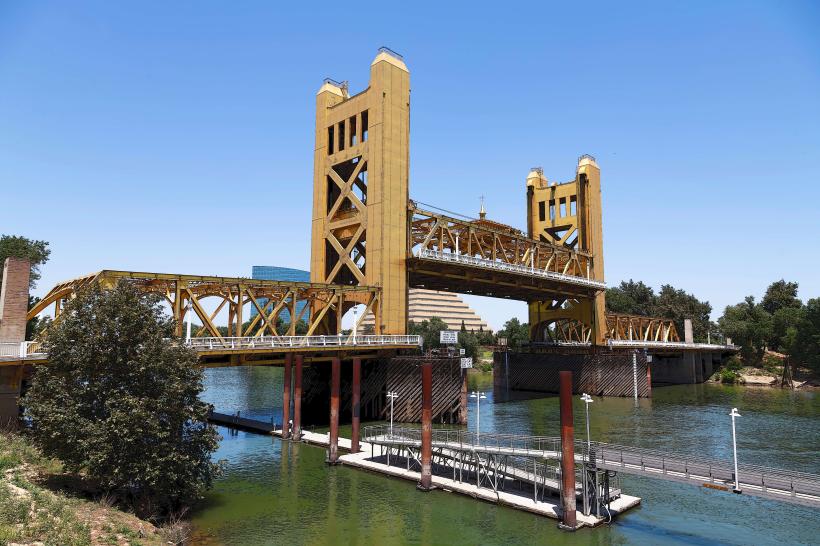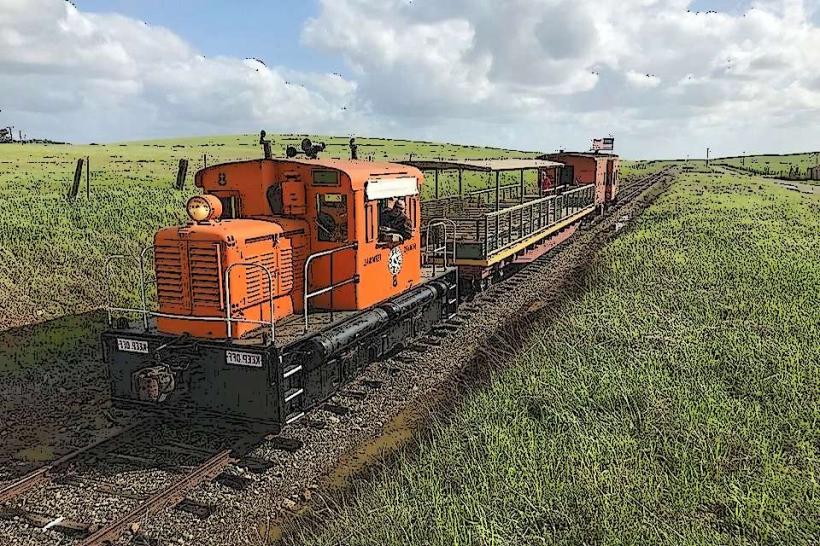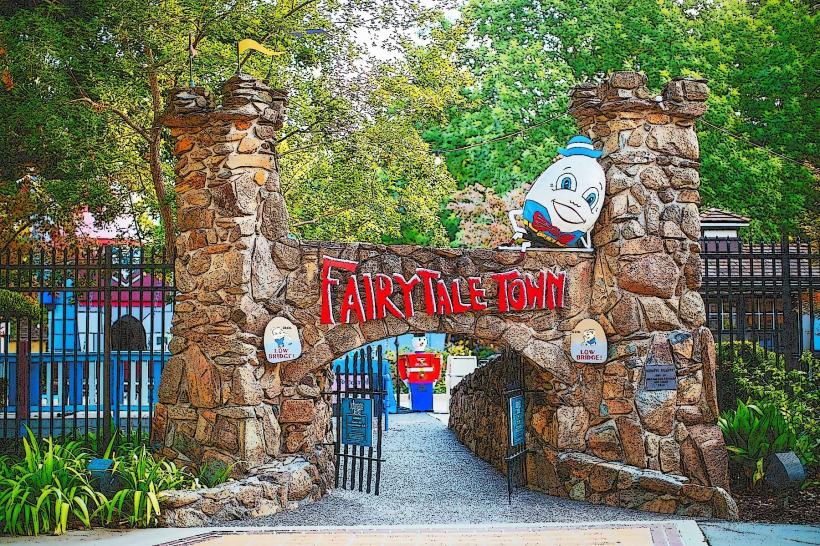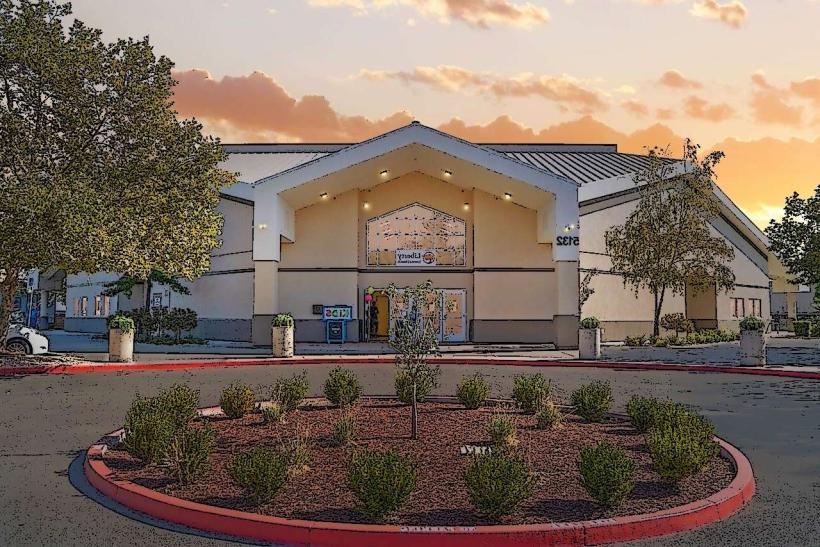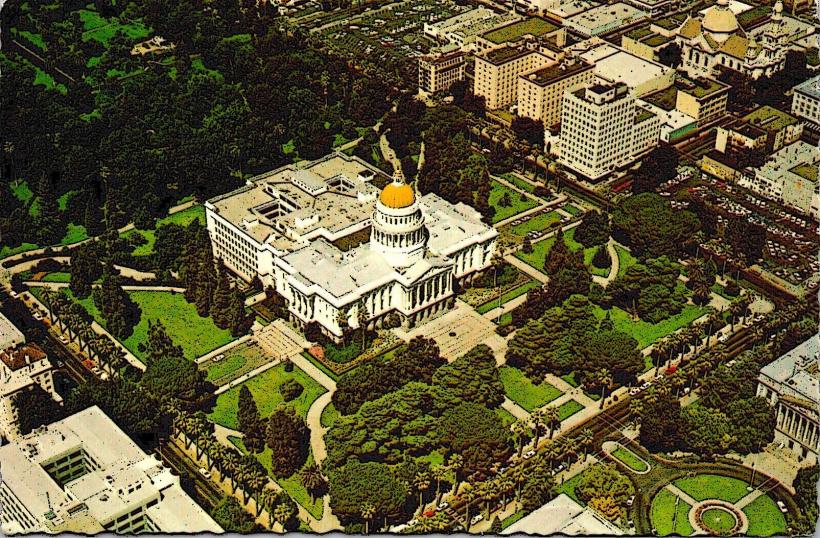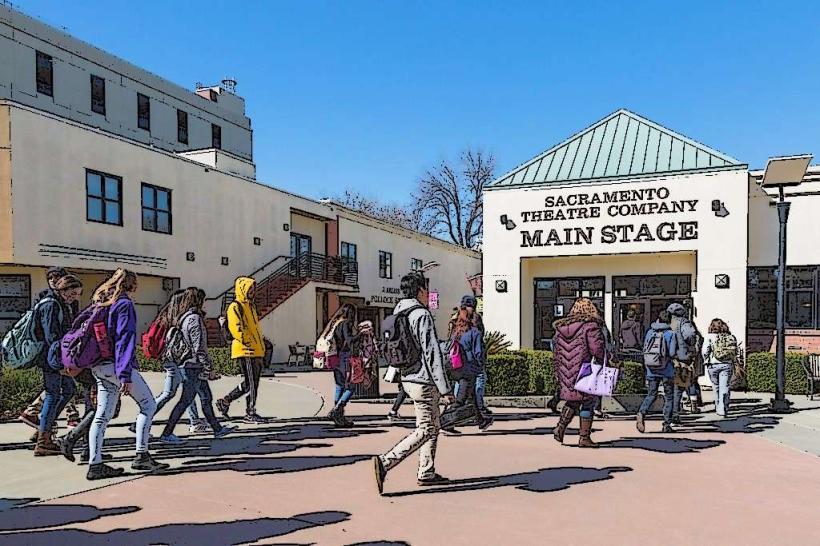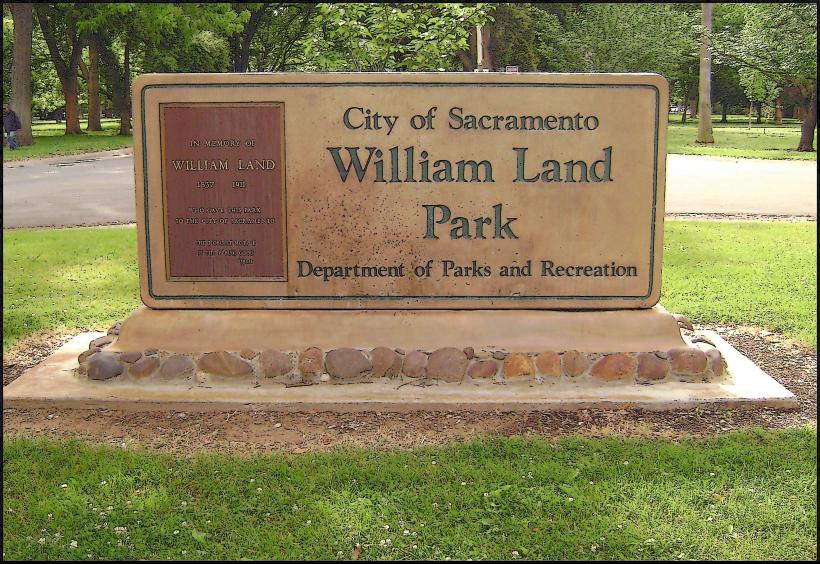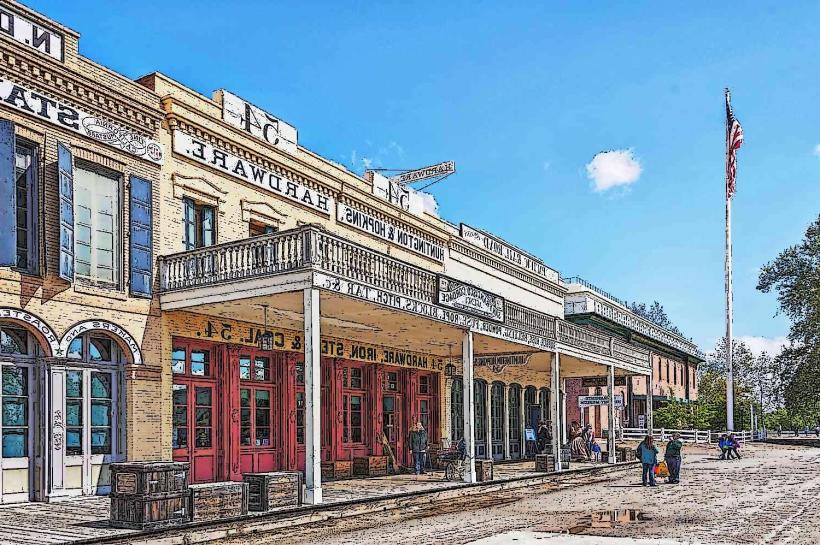Information
Landmark: California State Indian MuseumCity: Sacramento
Country: USA California
Continent: North America
California State Indian Museum, Sacramento, USA California, North America
The California State Indian Museum, located in Sacramento, California, is a unique institution dedicated to preserving and presenting the cultural heritage of California's Indigenous peoples. Since its establishment in 1940, it has been an essential resource for education and a platform for raising awareness about the state's Native American history, traditions, and contemporary issues.
Museum Overview:
Location: 2618 K Street, Sacramento, CA 95816
Open Hours:
Daily from 10:00 AM to 5:00 PM
Admission Fees:
Adults (18+): $5
Youth (6-17): $3
Children under 5: Free
Permanent Exhibits:
The museum offers a rich array of exhibits that explore the history, culture, and arts of California’s Native American tribes. The displays are organized into three major themes: Nature, Spirit, and Family.
Nature: Explores the relationship between Native Americans and the land. The exhibits showcase how Indigenous peoples sustainably used natural resources such as plants, animals, and minerals for food, shelter, and tools.
Spirit: This section covers the spiritual and ceremonial life of California’s Native peoples, highlighting their belief systems, sacred rituals, and ceremonies. Exhibits include ceremonial regalia, masks, and sacred objects used in religious practices.
Family: Focuses on the communal aspects of Native American life, highlighting the importance of family, community, and social structures in Indigenous cultures.
Key Exhibits and Artifacts:
Baskets: The museum houses a stunning collection of baskets, some of which are over 2,400 years old. These include intricate woven baskets from tribes like the Yurok, Maidu, and Pomo. The baskets represent not just functional items but also works of art, often decorated with elaborate patterns and designs.
Redwood Dugout Canoe: One of the most impressive items in the museum, this canoe demonstrates the advanced woodworking skills of the Native Californians. It’s made from a single redwood log and showcases how the tribes skillfully crafted vessels for fishing and transportation.
Ishi Exhibit: The museum features an exhibit dedicated to Ishi, the last known member of the Yahi tribe, who became known to the world after he emerged from the wilderness in 1911. This exhibit details his life and the tragic impact of European settler expansion on Native populations.
Hunting and Fishing Tools: Tools used by California's Indigenous peoples for hunting, fishing, and gathering are displayed in this exhibit. These tools highlight the resourcefulness and deep knowledge of the environment possessed by these communities.
Beadwork and Regalia: The museum also features beautifully crafted beadwork and ceremonial garments, including regalia worn for dances and ceremonies. Beadwork was an important art form and was used to create elaborate adornments that had cultural and spiritual significance.
Interactive Learning:
The museum offers a hands-on learning experience where visitors, especially children, can engage with replicas of traditional tools. For example:
Pump Drills: Used for making holes in shell beads.
Mortar and Pestle: Used by Native Americans to grind acorns and other foodstuffs into meal, a crucial component of their diet.
These activities help visitors understand the ingenuity and survival skills of California’s Native people, fostering a deeper connection to the past.
Native Arts and Crafts Market:
In November, the museum celebrates Native American Heritage Month with its annual Native Arts and Crafts Market. This event features Native artisans and vendors showcasing their handcrafted jewelry, pottery, textiles, and artwork. The market provides an opportunity to support Native communities and learn more about their modern-day culture and craftsmanship.
Visitors can also enjoy traditional Native foods like fry bread and other regional specialties during this event, further enhancing the cultural experience.
Museum Store:
The museum store offers a variety of Native-made products, including:
Handcrafted Jewelry: Featuring intricate designs made from beads, shells, and metals.
Art and Ceramics: Offering mugs, prints, greeting cards, and other art forms created by Native artists.
Books: A wide selection on topics such as California Indian history, Indigenous art, and contemporary Native issues.
The store is open to all visitors, and purchases support the museum and its educational programs.
Special Programs and Events:
In addition to the Native Arts and Crafts Market, the museum regularly offers programs and events that focus on various aspects of Native American culture. These events often include storytelling, cultural demonstrations, and guest speakers who are Native artists, authors, and historians.
Accessibility:
Wheelchair Accessibility: The museum is accessible to visitors with mobility challenges, offering ramps and wheelchair-accessible restrooms.
Parking: Public parking is available near the museum, with designated spaces for visitors with disabilities.
Location and Nearby Attractions:
The California State Indian Museum is located adjacent to Sutter’s Fort State Historic Park, which focuses on California’s early settler history. Visitors can easily explore both sites in a single trip to Sacramento, gaining a comprehensive understanding of the state's diverse past.
Overall, the California State Indian Museum serves as a cultural treasure, providing invaluable insights into the history, art, and traditions of California's Indigenous peoples. It is an important institution for both Native communities and visitors who want to learn more about the deep and rich legacy of California’s first inhabitants. Whether you're interested in traditional crafts, historical artifacts, or contemporary Native culture, this museum offers a deep and meaningful experience.

